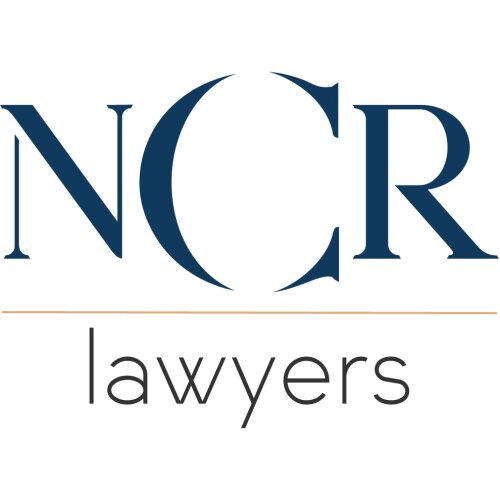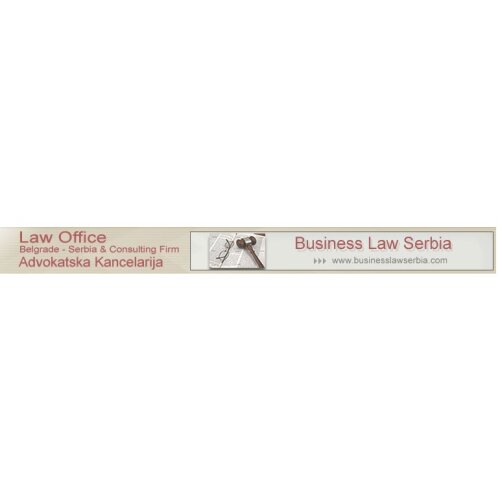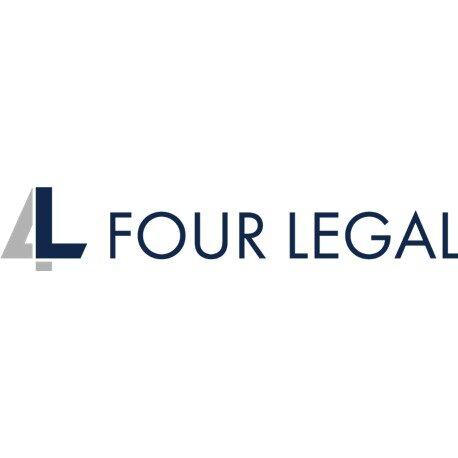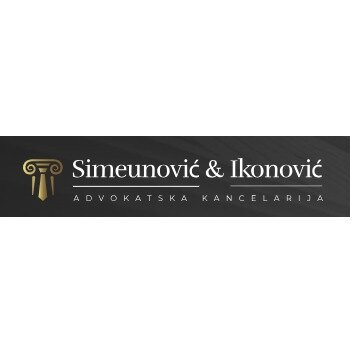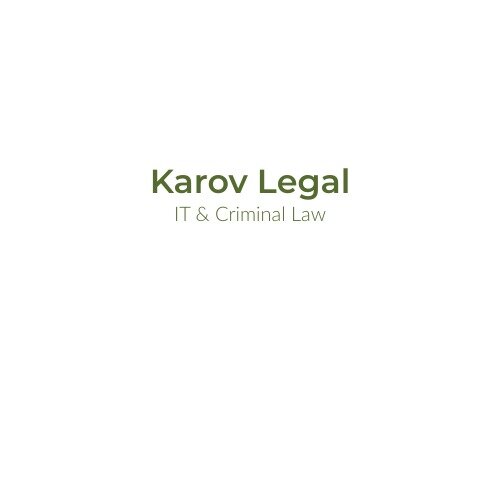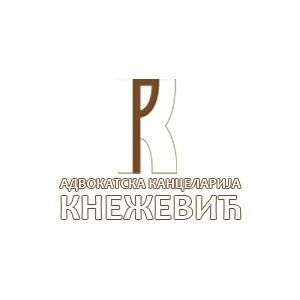Best Antitrust Litigation Lawyers in Serbia
Share your needs with us, get contacted by law firms.
Free. Takes 2 min.
Or refine your search by selecting a city:
List of the best lawyers in Serbia
Legal guides written by Business Law office - Advokatska Kancelarija:
- Why Invest In Serbia
About Antitrust Litigation Law in Serbia
Antitrust litigation in Serbia involves legal proceedings relating to violations of competition laws. These laws are designed to promote fair competition and prevent practices that could harm consumers or other businesses, such as cartels, abuse of dominant market positions, and unlawful mergers and acquisitions. The Serbian legal system provides mechanisms for individuals and businesses to seek damages, challenge competition authority decisions, and ensure compliance with antitrust regulations. The Commission for Protection of Competition is the main regulatory body enforcing these rules.
Why You May Need a Lawyer
Engaging a lawyer who specializes in antitrust litigation can be essential in several scenarios. You may need legal help if your business is under investigation by the competition authority or accused of anticompetitive practices. Businesses facing unfair treatment from competitors, such as exclusion from markets or abusive contractual terms, may seek to initiate antitrust claims. Mergers or acquisitions that could raise competition concerns often require legal advice to secure necessary approvals and avoid penalties. Individuals or entities pursuing compensation for damages suffered due to antitrust violations can also benefit from expert legal guidance to navigate the complex procedures and safeguard their interests.
Local Laws Overview
The Law on Protection of Competition is the primary legal framework governing antitrust issues in Serbia. It prohibits restrictive agreements, which include cartels or any arrangements that restrict competition in the market. Abuse of dominant position, where a key market player takes actions to exclude or disadvantage competitors, is also forbidden. The law imposes a merger control regime, requiring certain mergers and acquisitions to be notified to and cleared by the competition authority. Competition proceedings often involve administrative procedures before the Commission, and parties can subsequently challenge decisions before the Administrative Court. Fines for breaching antitrust laws can be substantial, making legal compliance critically important.
Frequently Asked Questions
What constitutes an antitrust violation in Serbia?
Antitrust violations include restrictive agreements (cartels, price fixing, market sharing), abuse of dominant market position, and failing to notify or obtain clearance for mergers that may impact competition.
Who enforces antitrust laws in Serbia?
The Commission for Protection of Competition is responsible for enforcing Serbia’s competition laws, investigating potential breaches, and issuing decisions and sanctions.
Can individuals or businesses file antitrust complaints?
Yes, both individuals and businesses can file complaints with the Commission for Protection of Competition if they suspect antitrust violations.
What are the penalties for violating antitrust laws?
Violations can result in substantial financial fines, often based on the infringing company’s annual turnover, as well as other remedial measures or invalidation of unlawful agreements.
Are there specific regulations for mergers and acquisitions?
Yes, companies intending to merge or acquire other businesses may be required to notify the Commission, especially when certain turnover thresholds are met, and obtain approval before proceeding.
Can antitrust decisions be appealed?
Parties subject to a decision by the Commission for Protection of Competition can appeal the decision before the Administrative Court in Serbia.
How long does an antitrust investigation typically take?
The length of antitrust investigations varies depending on complexity, but some can take several months or more, especially if detailed market analysis or international aspects are involved.
Is it possible to claim damages for antitrust violations?
Yes, parties harmed by antitrust violations can initiate civil proceedings to seek compensation for direct damages caused by unlawful anti-competitive conduct.
Does the law apply to foreign companies?
Yes, Serbia’s antitrust laws can apply to foreign companies if their activities affect competition within the Serbian market, regardless of where the company is based.
What should I do if I am subject to an antitrust investigation?
If you or your business is involved in an antitrust investigation, it is important to seek immediate legal advice, cooperate with authorities, and carefully review any documentation or information requests.
Additional Resources
- The Commission for Protection of Competition of the Republic of Serbia is the main authority overseeing antitrust laws and providing public guidance. - The Administrative Court handles appeals of competition-related decisions. - The Serbian Bar Association can help you find legal professionals specializing in competition law. - Law faculties and institutes at universities in Serbia often publish research and practical guides on antitrust issues. - Business chambers and trade associations sometimes offer seminars and informational materials on compliance with competition law.
Next Steps
If you need legal assistance with antitrust litigation in Serbia, start by gathering all relevant documentation related to your case, such as contracts, communications, and decisions from authorities. Seek a consultation with a lawyer who has specific experience in competition and antitrust matters. Be ready to discuss your situation in detail and ask about the lawyer’s strategy and experience with similar cases. Staying informed about your rights and maintaining open communication with your legal representative are crucial steps toward protecting your interests and navigating the antitrust litigation process successfully.
Lawzana helps you find the best lawyers and law firms in Serbia through a curated and pre-screened list of qualified legal professionals. Our platform offers rankings and detailed profiles of attorneys and law firms, allowing you to compare based on practice areas, including Antitrust Litigation, experience, and client feedback.
Each profile includes a description of the firm's areas of practice, client reviews, team members and partners, year of establishment, spoken languages, office locations, contact information, social media presence, and any published articles or resources. Most firms on our platform speak English and are experienced in both local and international legal matters.
Get a quote from top-rated law firms in Serbia — quickly, securely, and without unnecessary hassle.
Disclaimer:
The information provided on this page is for general informational purposes only and does not constitute legal advice. While we strive to ensure the accuracy and relevance of the content, legal information may change over time, and interpretations of the law can vary. You should always consult with a qualified legal professional for advice specific to your situation.
We disclaim all liability for actions taken or not taken based on the content of this page. If you believe any information is incorrect or outdated, please contact us, and we will review and update it where appropriate.
Browse antitrust litigation law firms by city in Serbia
Refine your search by selecting a city.




